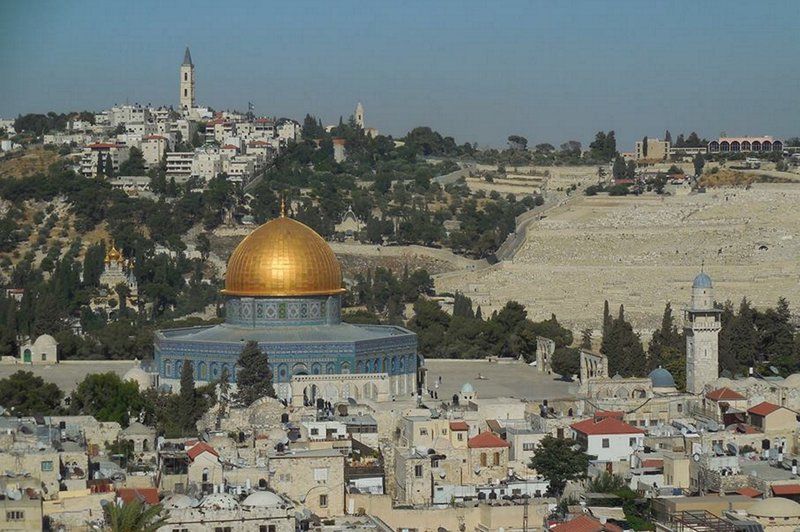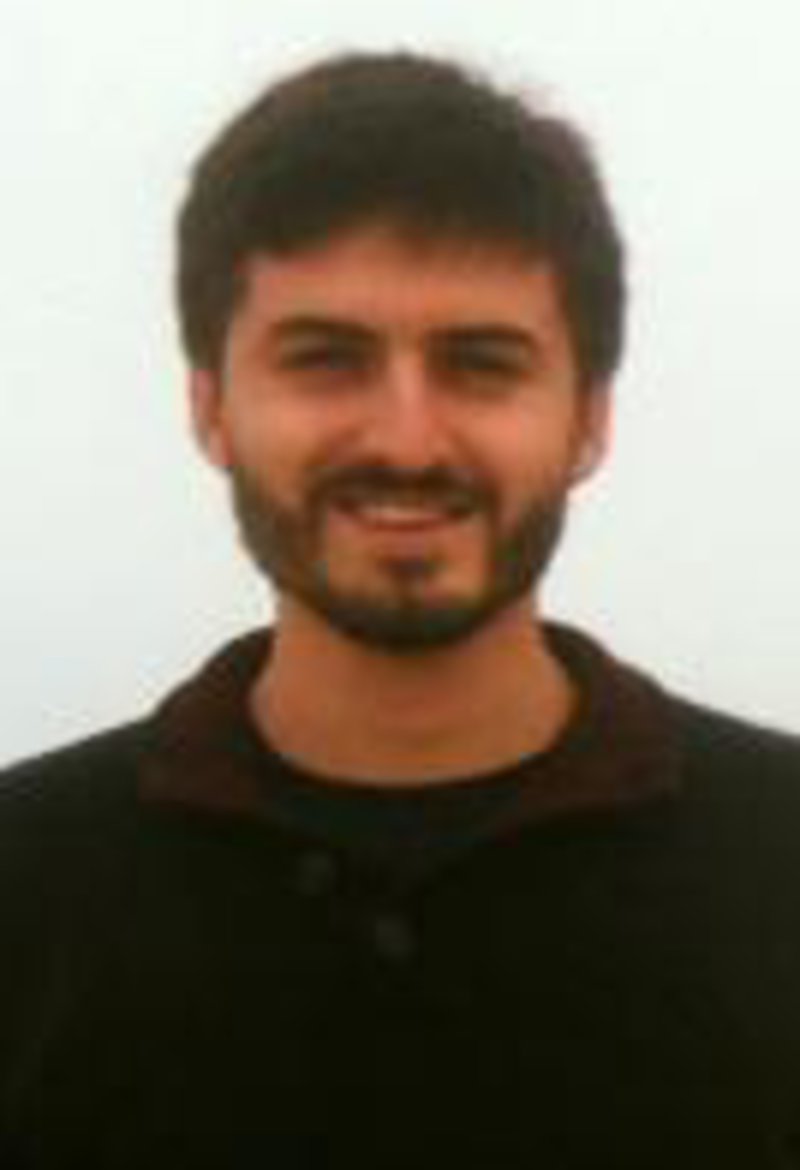In two worlds
Why did you leave Catalonia?
I left for two reasons. First of all, because once I finished my studies in the university, I wanted new experiences, to learn from a new place, from its people, its language; to put a little distance between myself and Catalonia before coming back and settling down. Secondly, because of the job I found, teaching Catalan language and culture in the Hebrew University of Jerusalem as part of the Network of Catalan studies abroad at the Institut Ramon Llull.
Why did you choose Jerusalem?
In Jerusalem there was a vacancy in the University and for that reason it was one of the options when I applied to become a Catalan lecturer abroad in 2014, on the annual call for teachers Institut Ramon Llull has. When I saw Jerusalem I felt I had to try to get the position, since it is a city and a land for which I have always been fascinated by.
How long have you lived there?
Since October 2014.
Are you happy with the job opportunities you found there?
Israel is a very active country and there are plenty of opportunities for everyone, but in my particular case I already had a job in The Hebrew University of Jerusalem.
What is the best thing about living in Jerusalem?
Just to hear the name “Jerusalem” gives more feelings and images that I could possibly explain. In Jerusalem you have the feeling of being in the centre of the world and of history, in a symbolical place filled with spirituality, diversity and cultural and religious richness. But it is also a city with its local life, its normal rhythm, both eastern and western. The best thing about living here is that you are able to move easily between the “celestial” and the “earthly” every day.
What do you consider the highlights for any brief visit for the first time?
In the Old City, you find there a breathtaking mix of cultures and the some of the holiest places for the Jewish, Christian and Muslim religions: the Western Wall, the Church of the Holy Sepulcher, the Al-Aqsa Mosque and the Dome of the Rock, every single street deserves a visit. And Yad Vashem, the Museum of the Holocaust, that shouldn’t be missed.
And if a visitor has more time or returns?
Close to Jerusalem, it is possible to visit the Dead Sea and the ruins of Masada, the Palestinian territories and some of the cities such as Bethlehem, Nablus or Hebron, or the open-minded and artistic atmosphere of Tel Aviv.
What do you miss most from home?
What I miss the most is the view of the mountains of Serra de la Mussara from my family’s town l’Aleixar.
Do you plan to go back to Catalonia?
Yes, the current academic year will be my last one in Jerusalem, and probably I will come back to Catalonia.
Some suggestions
M.Àngels RibasCan you recommend a place to have lunch with friends?
Azura, a restaurant with Sephardic Jewish traditional food in the heart of Mahane Yehuda Market.
Where would you have a special dinner for two?
Yasmin, in Beit Jalla -close to Bethlehem-, an organic farm in the middle of the country where food is cooked the traditional Palestinian way.
When is the best time of year to plan a visit?
Jerusalem is worth a visit at any time, especially in spring and autumn. However, during Easter vacations it may be a bit too crowded.
What is the best kept secret about the area?
There are a lot of peculiarities in the city, which take time to discover. For example, the Church of the Holy Sepulcher is closed every night and several Orthodox, Armenian and Catholic monks and friars sleep inside. The key has been kept since the Middle Ages by a Muslim family, and one of its members opens and closes the door every day.




